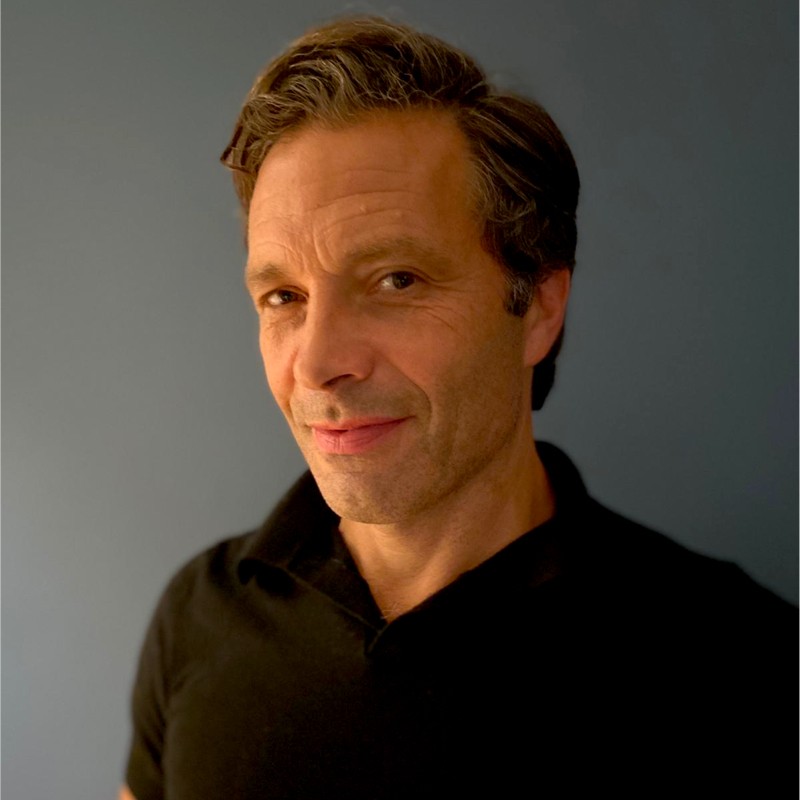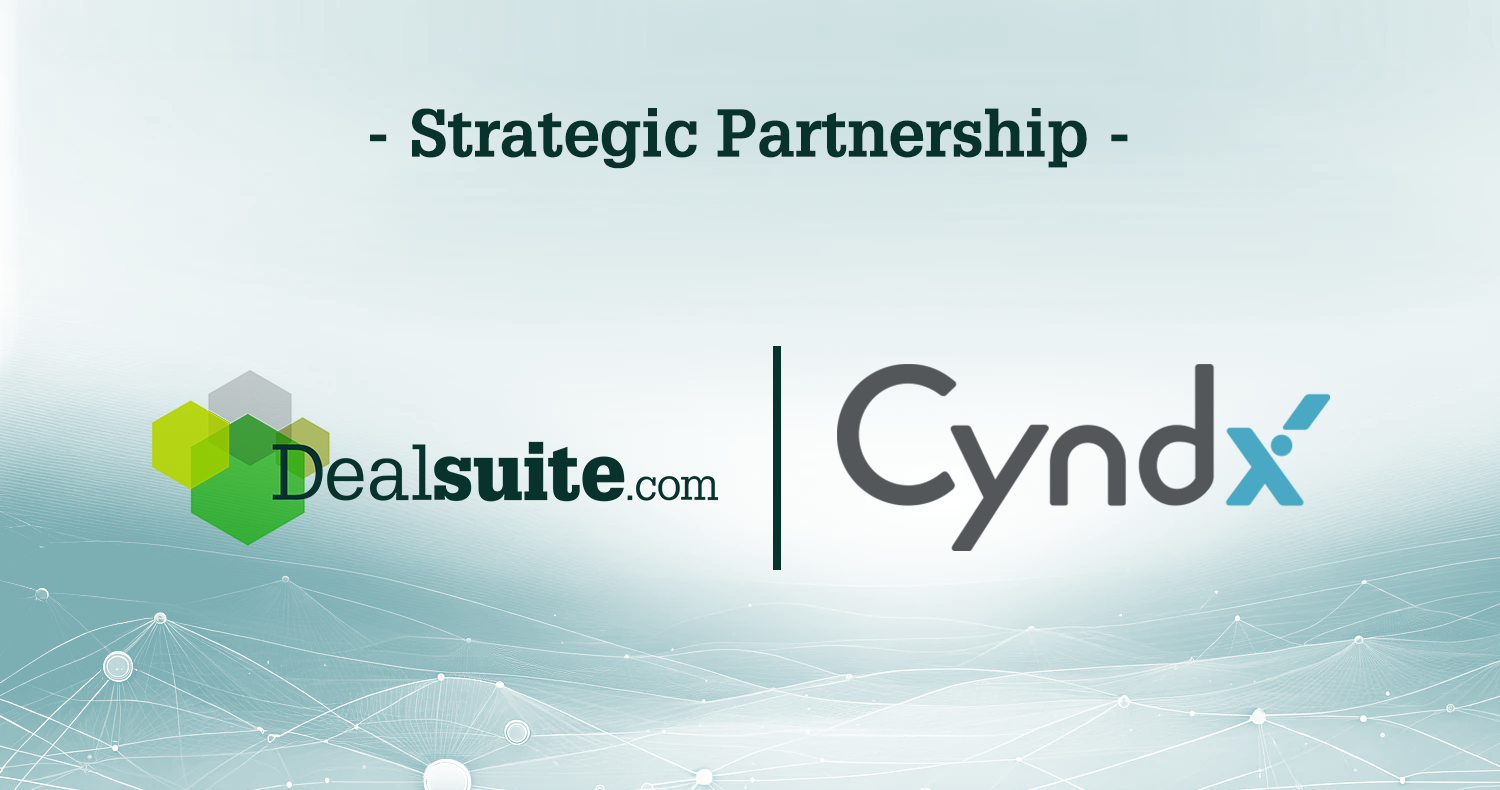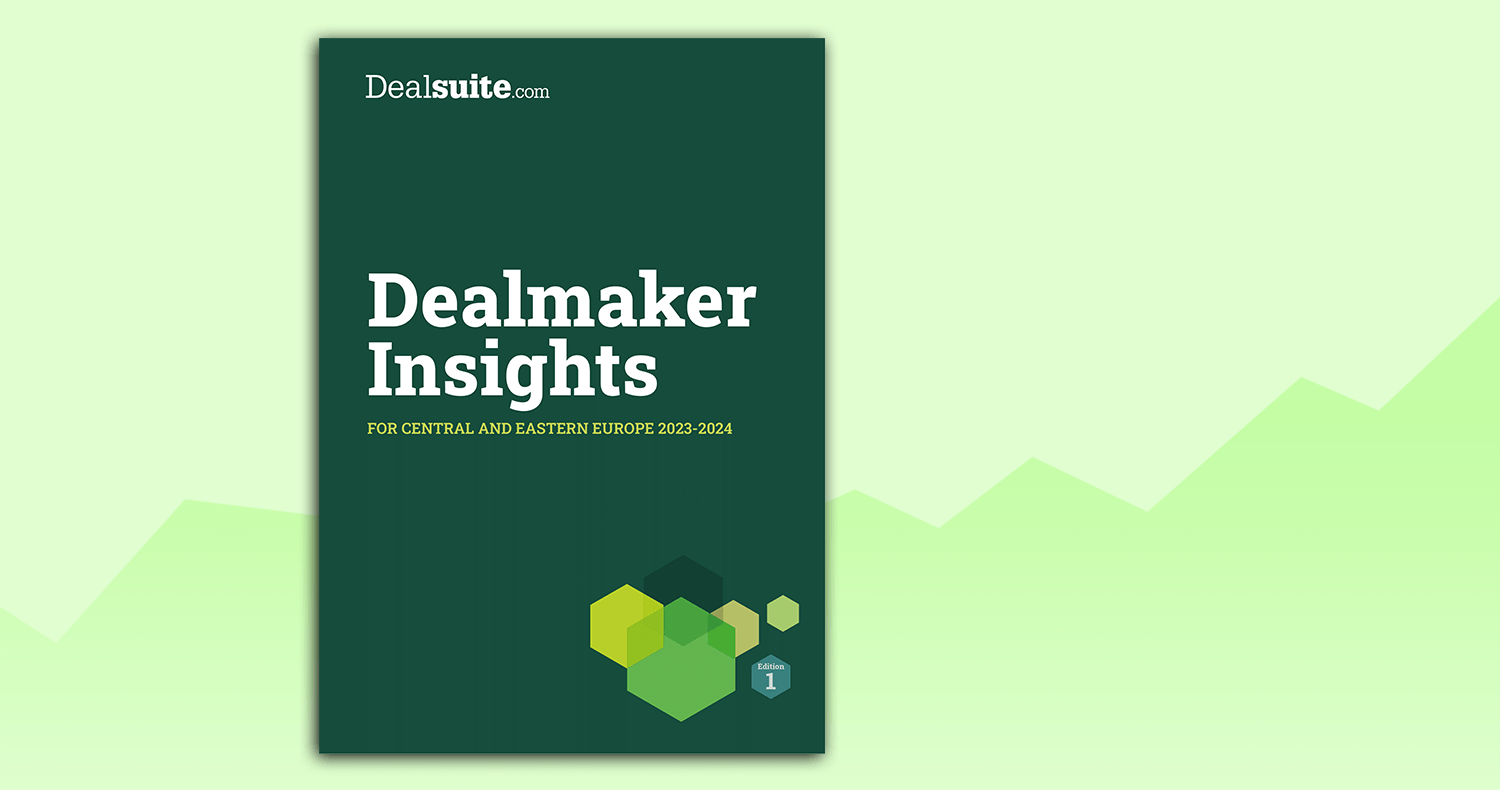Wanted: Courage and strategic leadership
Earlier this month, Dealsuite sponsored the 2022 MuMAC M&A Conference in Munich. The event was attended by more than 300 investment professionals and industry advisors, who came together to share information and ideas about global M&A.
As it is every year, the event was a mix of good business and good fun and, given the seemingly-perilous nature of Europe and the world this autumn, it felt timely that this year’s event was titled: “Game-Changer Geostrategy: The Transactional Ripple Effects”.
Notably, there was a compelling opening speech from Mr. Dmytro Shevchenko, the Consul of the Consulate General of Ukraine in Munich. Mr. Shevchenko invited the audience, be it personally or professionally, to invest in Ukraine today. Of course, Ukraine needs support from the international investment community, but he ventured that given where prices are currently in his war-torn country, there is a chance of sizeable returns, especially if the war continues to move in Ukraine’s favour. It was a fascinating speech – and an exciting invitation, one that might be accepted by investors with a little courage.
The keynote speech was delivered by Dr. Stefanie Babst, a renowned strategic advisor and public speaker. Between 2012 and 2020, Dr. Babst led NATO’s Strategic Foresight Team, a civil-military team that advises the NATO Secretary-General and Chairman of the Military Committee on strategic unknowns and crisis situations. Given the fragile state of our world, Dr. Babst’s opinion was well worth listening to.
Dr. Babst described the ripple effects being felt as a result of the Russian invasion of Ukraine, but she also envisaged a larger looming threat, citing the rising tension between China and Taiwan and what the world would look like if that combustible tinderbox caught alight. She invited us – or, rather, she challenged us – to prepare now, to think about how we can position ourselves today so that we might benefit from whatever may arise tomorrow.
In talking of the future, Dr. Babst looked to the recent past, pointing to the complacency and the many blind spots that had afflicted, first, Germany but broadly, Europe, and allowed Putin to wage such a devastating and consequential war, especially in its earliest days. With foresight, the war’s impact could have been lessened. With foresight, Europe might have been able to turn Putin’s volatility and aggression to its advantage.
In place of complacency and blindspots, Dr. Babst asked the audience to be courageous, think ahead and, in the words of writer, Maya Angelou, “hope for the best but prepare for the worst”, by imagining that a Chinese invasion of Taiwan might be not possible but probable. With this in mind, she talked of how Europe must reduce it's economic dependence on the USA and especially Asia and look internally, for example, for crucial components, such as semiconductors and microchips. Similar to the invitation offered by Mr. Shevchenko, this was a challenge that may have altered the outlook for the many of the business leaders present.
Of course, this challenge is significant. What Dr. Babst is suggesting is that to inoculate ourselves against forces that are far beyond our control, we must collectivise and change the way we do business in Europe, especially in “traditional industries” (such as non-services and physical products) in countries like Germany and Italy. With a willingness to prepare and work together, and the courage to act, sectors and economies can reinvent themselves.
By vertically integrating in this way, as well as looking to reimagine investment activities, such as private equity and M&A, we can give companies more control over their supply chains and ensure all of our economies, both individual nations and the European whole, have lower dependence on far away countries that may be affected by geopolitical instability.
The writer, Nassim Taleb, talks of “anti fragility”, a term he coined to describe how some things gain strength from disorder. As described in his book on the subject:
“Antifragility is beyond resilience or robustness. The resilient resists shocks and stays the same; the antifragile gets better.”
European business and finance must go beyond resilience and ensure that when shocks arise, be it war in Taiwan or another pandemic, we strengthen during chaos. By substituting complacency and blindspots for courage and planning, we can forge a dynamic and robust European business community that gains power regardless of world events.
At Dealsuite, we believe we can provide support and offer a solution in the brave new world that Mr. Shevchenko and Dr. Babst allude to. In building a platform and a network that strives to facilitate more efficient, lower cost cross-border M&A activity, we are forging a new frontier in global deal-making. This goal is why we’re spending every working minute developing our tech and growing our network in Europe and the rest of the world, so that we can all continue to do business together, whatever the future holds.
Of course, we can only begin to entertain the thought of this imagined new frontier, and how we might benefit from it, by showing the courage to think ahead, to look to the long term, to gather behind bold yet thoughtful leadership. We’re contributing by connecting M&A professionals and companies across Europe and supporting cross-border entrepreneurship and business growth. We hope that the rest of the European M&A community will join us.

.svg)

.svg)

.svg)

.svg)





